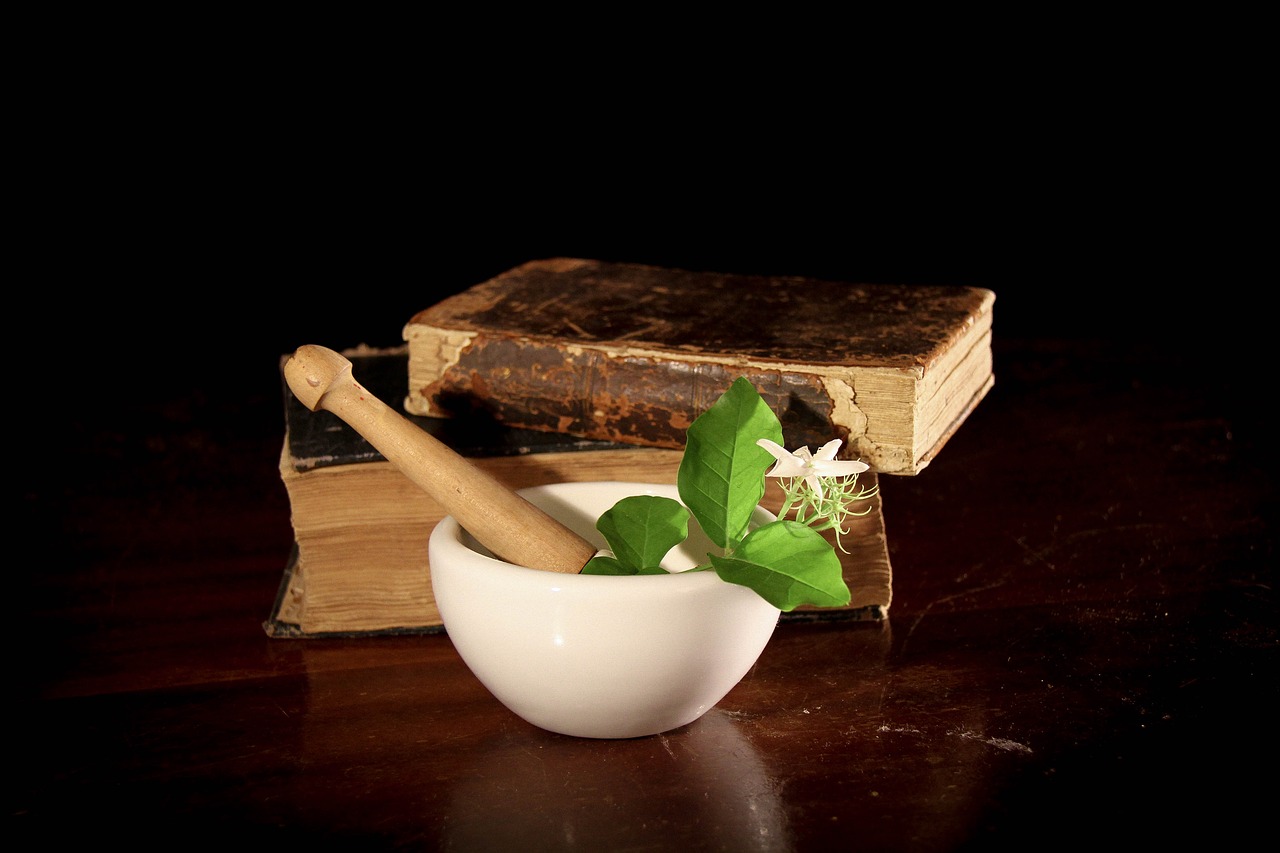Even though all organs have their own importance, the heart is usually considered the main engine of the body, which means as long as the engine is functional, your body will work. Veins and arteries are the blood vessels that connect your heart with the different parts of the body. Veins and arteries, both carry blood, but there is a difference in the type of blood they carry.
Veins carry deoxygenated blood back to the heart from various parts of the body for re-oxygenation. Blood is moved up toward the heart via valves and skeletal pump activity.
Arteries carry oxygenated blood from the heart towards other parts of the body.
Any problems in the veins and arteries can cause you heart issues. A simple exercise like 30 minutes daily walk can improve blood circulation in your blood vessels.
Chronic Venous Insufficiency
Lack of muscle tone and tissue support can lead to flaccidity of tissue. Once veins become too distended and dilated, valves begin to malfunction under pressure, and can lead to varicose veins. Deep varicose veins may develop blood clots which when dislodged, can lead to stroke, heart attack or pulmonary embolism.
Chronic Venous Insufficiency can also cause:
- Impaired venous return
- Easy bruising as a result of capillary permeability
- Compromised functioning of vein valves
- Edema (fluid retention), swelling, and heaviness (increased leg circumference) in feet
- Inflammation and potential ulceration, Itching, and irritation
- Palpable nodules in feet due to an accumulation of fibrin
Causes of Chronic Venous Insufficiency:
- Fifty percent of those suffering from Chronic Venous Insufficiency have family history
- It is more common in women due to influence of estrogen and progesterone.
- Pregnancy – due to influence of hormones as well as increased blood volume and downward pressure on the pelvis and legs.
- HRT
- Prolonged sitting or standing
- Obesity and lack of tissue tone
- Inactivity and lack of exercise
- Chronic constipation and exertion while passing stools
Herbs For Heart Health
Before the invention of modern prescription drugs and the development of the modern medicinal system, herbs and herbal extracts were the only medicines for all kinds of diseases and health conditions. For a long time modern medicines sniggered at these traditional healing methods, however, later scientific community took interest in herbal medicines and began to study these medicines under clinical conditions. After years of research, the scientists have confirmed that a lot of herbal medicines were actually very effective.
Here are some herbs that have been proven to be highly beneficial in heart health. Herbs that can provide vascular support for those suffering from Chronic Venous Insufficiency are:
- Vascular tonics such as horse chestnut, berries, butcher’s broom, gotu kola, hawthorn and buckwheat
- Circulatory Stimulants such prickly ash, rosemary, ginkgo biloba, ginger and cayenne pepper
- Astringents such as witch hazel, yarrow and cinnamon
- Diuretics such as celery seed, nettles, dandelion leaf, parsley, stone root, cleavers and corn silk
- Vulneraries such as gotu kola, comfrey and calendula
- Antioxidant foods such as pomegranate, berries, green tea and turmeric
- Antifibrinolytic foods such as garlic, ginger, cayenne, onions, turmeric and bromelaine (found in Papaya)
Unlike prescription drugs, herbs do not cause any side effects. However, if you are already on medication, you should always consult your health care providers before you start taking any herbal medicine. Not just herbal medicines and herbal supplements, you should also be careful about taking herbs and herbal extracts if you are regularly taking medicines. For example, garlic is very good for your heart. Garlic prevents bad cholesterol and reduces the risk of heart blockage, however, if you are already taking blood-thinning medicines, ecosprin for instance, taking garlic on a regular basis can be detrimental to your heart health.
Lifestyle and Dietary Modification for Heart Health
Herbal medicines and herbs are as effective as prescription drugs when it comes to treat heart diseases. In fact, sometimes herbs are better than the prescription drugs. For example, if you have hypertension you will be required to take medicines for lifelong if you want to control your high blood pressure. However, if you switch to herbs, you may not have to take those herbs life long on a regular basis.
Apart from the aforementioned herbs, lifestyle and dietary modifications can also help in combating Venous Insufficiency and other cardiovascular diseases.
Lifestyle Modification:
- Exercise regularly to improve blood circulation, pumping of blood and movements of muscles surrounding veins to push venous flow up from legs
- Elevate legs regularly, especially while sleeping
- Wear loose fitting clothes and avoid tight fitting clothing that inhibits blood flow
- Use compression socks to keep veins supported
Dietary Modification:
Include dietary and potassium-rich foods in your plate. Green vegetables and beans are good for the heart as these foods are rich with fiber and potassium. Include spices such as cayenne, ginger, garlic, and onions, paprika, and turmeric liberally in your diet. Eat more polyphenol-rich foods, especially dark berries.
Five Point Guide For Better Heart Health
Always choose vegetables over meat products
Eat less sugar and salt
Walk, walk, walk…
Control your stress, anxiety, and anger
Always be happy
